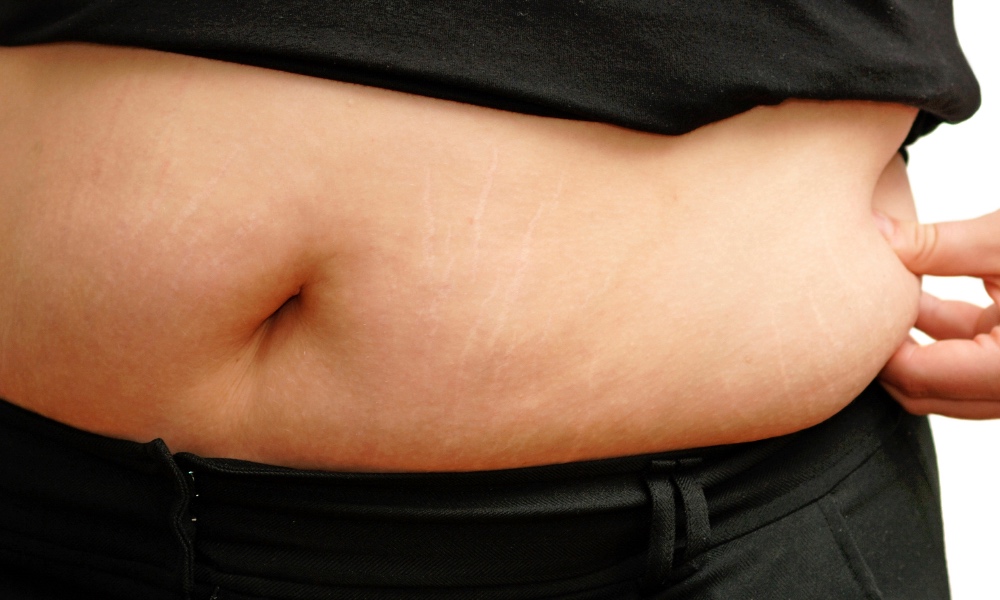It is well known that smoking during pregnancy is dangerous for both mother and infant. Among other issues, smoking mothers have significantly increased risk of placental problems and premature deliveries; and smoking has been linked to low birth weight, sudden infant death syndromes and some birth defects. Infants of mothers who smoke during pregnancy have been shown to have decreased lung function and increased tendency to develop lung diseases including asthma, bronchitis and pneumonia, compared to infants of non-smoking mothers.
The optimal solution is for pregnant women to stop smoking, but this is not always possible. In the US, about 12% of pregnant women smoke, exposing at least 500,000 developing fetuses to potential complications. A recent study looked at a possible role for prenatal vitamin C supplements in preventing some of cigarettes’ negative effects on the developing lungs of the fetus.
The vitamin C made a big difference for the newborns. The babies whose mothers smoked during pregnancy and did not take vitamin C showed poor lung function, and the babies whose mothers smoked but were supplemented with vitamin C showed lung functions which were similar to the non-smoke exposed newborns.
The study group included 159 pregnant women who smoked, ages 15 years and older. Women were excluded if they used illicit drugs or alcohol, were found to have fetal abnormalities or multiple gestations, have kidney stones, or insulin dependent diabetes.
The demographics of the infants in all three groups were similar with respect to birth weight, gestational age at delivery, sex, rate of preterm delivery, and rate of vaginal delivery.
Interestingly, at the start of the study, the women who smoked were found to have lower serum vitamin C levels than the women who did not smoke. By mid pregnancy, vitamin C levels in the vitamin C supplemented groups were similar to those in the non-smoking group. The vitamin C levels in smokers who received a placebo remained significantly lower than the other two groups.
The babies’ breathing was evaluated at about two days of age. Testing revealed that the infants’ pulmonary flow volumes were significantly lower (poorer) in the group that received a Placebo (or essentially no treatment) when compared to the vitamin C group and the non smoking group which were similar. The compliance of the respiratory system was also poorer in the placebo group than the vitamin C and the non smoking groups. The respiratory rates in all three groups were similar.
In short, the vitamin C made a big difference for the newborns. The babies whose mothers smoked during pregnancy and did not take vitamin C showed poor lung function, and the babies whose mothers smoked but were supplemented with vitamin C showed lung functions which were similar to the non-smoke exposed newborns. The researchers concluded that newborn lung function was significantly better in pregnant smokers who took vitamin C supplements compared with smoking mothers who received only a placebo.
The researchers plan to continue to follow the babies through their first year of life, monitoring their respiratory illnesses, and retesting their breathing functions at one year of age to assess the longer term impact of prenatal vitamin C supplementation. They also propose that supplementing newborns of smoking mothers with vitamin C is an area for future consideration.
Smoking during pregnancy has many hazards to mother and fetus, and pregnant women who smoke are urged to talk with their doctors about strategies for quitting. While this study offers a potential option to address one of the known consequences of smoking during pregnancy, women should not undertake vitamin supplementation of any kind without the advice of their physicians.




